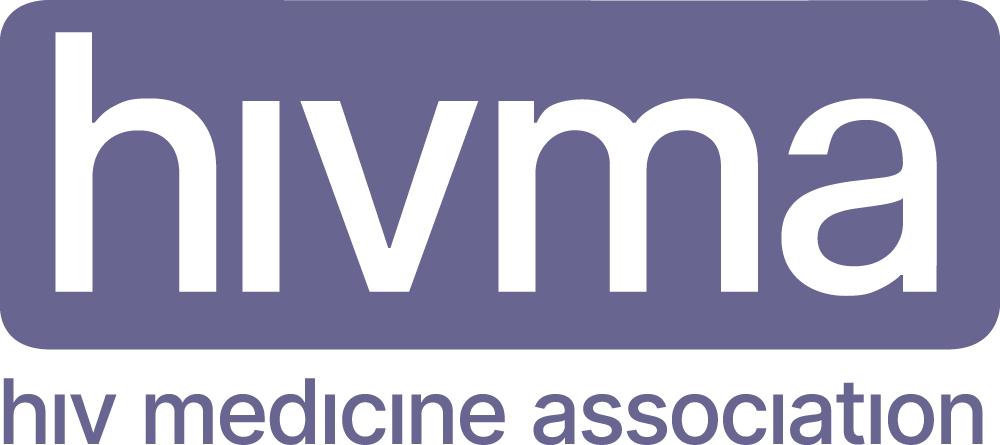House Passage of American Rescue Plan Offers Crucial Resources at a Critical Moment
The Biden Administration’s American Rescue Plan passed by the House Saturday reflects priorities important to the Infectious Diseases Society of America and its HIV Medicine Association, and is responsive to recommendations and concerns voiced by us, as well as by the broader medical, scientific and public health communities. The $1.9 billion COVID-19 relief bill provides immediate and critical resources at a pivotal moment in this public health crisis. As new variants of the virus that causes COVID-19 continue to emerge and spread, and the continued development and authorization of new vaccines offer an urgently needed front line of defense, we ask the Senate to approve this life-saving legislation and send it to the President to sign into law.
This legislation represents an important step toward our containment of, and recovery from, this pandemic’s impacts. As we follow the pandemic trajectory and aim to bring the pandemic under control, more resources and policies to address ongoing health inequities will likely be needed. More and sustained funding will certainly be necessary in the long run to address the gaps in our public health and biomedical research infrastructure that have been both further exposed and exacerbated by the pandemic. Long-term investments toward ensuring access to affordable, comprehensive health care coverage across the country, strengthening global health security, promoting health equity and better positioning the United States to respond to daily public health needs while strengthening our capacities to detect, prevent and respond to future public health emergencies will be essential.
Key components of the bill addressing present and fundamental needs are detailed below:
- $7.5 billion for the Centers for Disease Control and Prevention for COVID-19 vaccine administration and tracking;
- $1 billion for CDC to boost vaccine confidence;
- $6.05 billion to the Department of Health and Human Services (HHS) for research, development, manufacturing and purchase of COVID-19 vaccines, therapeutics, and other medical products;
- $500 million to the Food and Drug Administration to support the review and facilitate the development and post-marketing surveillance of COVID-19 vaccines and therapeutics, and address drug shortages;
- $47.8 billion to HHS for COVID-19 to detect, diagnose, trace and monitor COVID-19 testing;
- $1.75 billion to CDC to expand genomic sequencing and tracking of COVID-19 mutations and variants;
- $500 million to CDC to strengthen data surveillance to forecast and track COVID-19 hotspots;
- $750 million to CDC to combat COVID-19 globally;
- $7.6 billion to HHS to expand and support the public health workforce;
- $3.5 billion to the Global Fund to Fight AIDS, Tuberculosis and Malaria, and $250 million for the President’s Emergency Plan for AIDS Relief to mitigate the pandemic’s impacts on global HIV control efforts and to prevent, prepare for and respond to coronavirus in developing countries;
- $905 million to USAID for global health activities to prevent, prepare for and respond to COVID-19 and for a U.S. contribution to a multilateral vaccine development partnership to support epidemic preparedness;
- An additional $3.09 billion to USAID for COVID-19 response efforts, including support for international disaster relief, rehabilitation, reconstruction, emergency food security needs and health activities;
- Enhanced federal support for the 14 states who have not yet adopted Medicaid expansion to do so;
- Allows states, for seven years, to extend Medicaid and Children’s Health Insurance Program (CHIP) eligibility to women for 12 months postpartum;
- Temporary enhanced premium support for low-and middle-income Americans to purchase Marketplace coverage.
In just a little more than a year since the international spread of COVID-19 was recognized, the pandemic’s tragic toll and devastating impacts have demonstrated the costs of delay. We urge the Senate to follow the House’s action today, and make these essential resources available.

